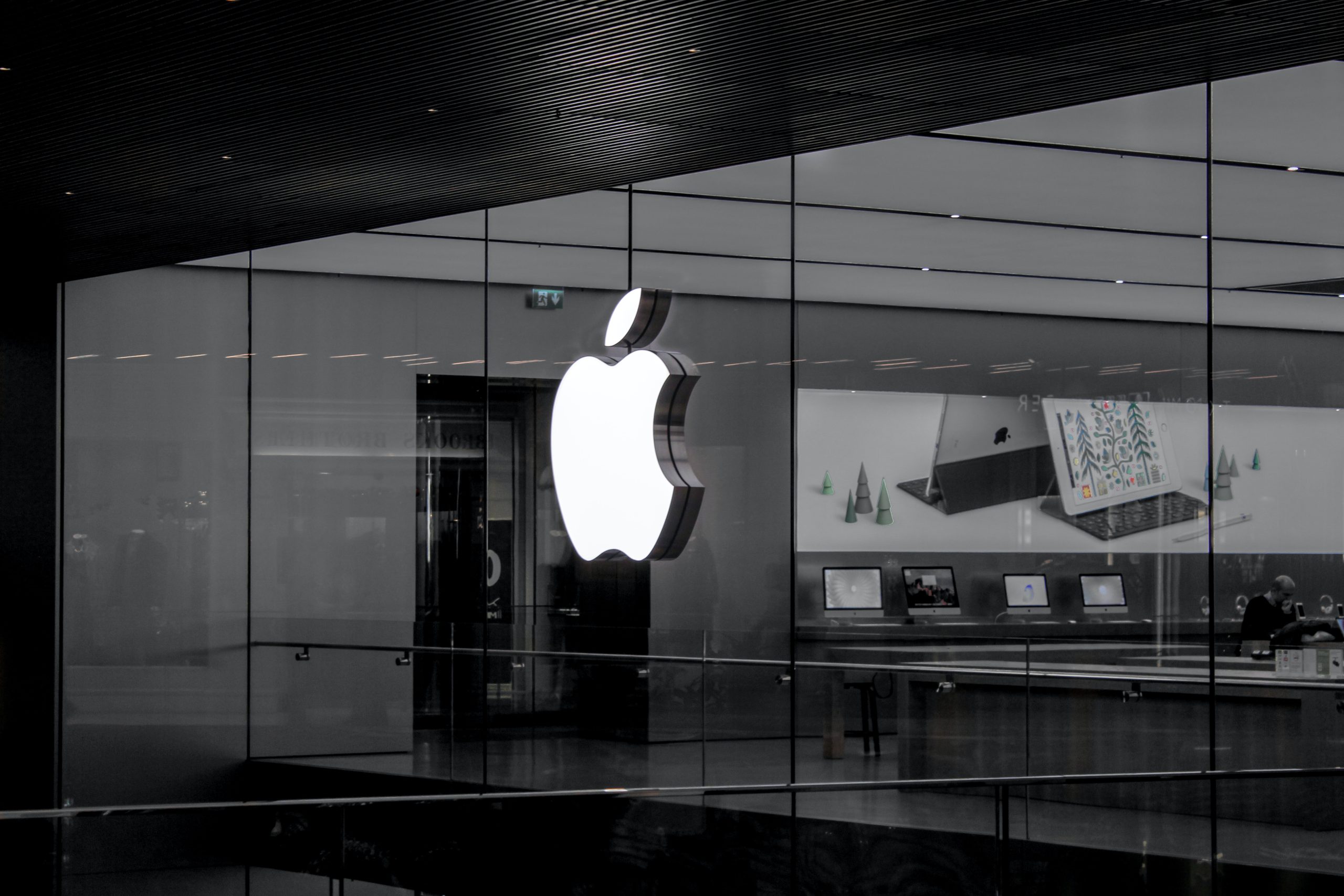After years of trying to establish a foothold in India, Apple’s CEO Tim Cook has finally launched the company’s first retail store in the country. The store, located in Mumbai’s Bandra Kurla Complex, is a significant milestone for Apple and a sign of its commitment to the Indian market.
India has long been a challenging market for Apple. The country’s strict foreign investment rules have made it difficult for the company to set up its own stores in the country, forcing it to rely on third-party resellers to sell its products. This has led to limited distribution and inconsistent customer experiences.
The opening of the Mumbai store is a significant step forward for Apple’s ambitions in India. The store is spread over two floors and covers 20,000 square feet, making it one of the largest Apple retail stores in the world. The store’s design incorporates local materials and features a unique “Forum” space where customers can attend workshops and events.
The launch of the Mumbai store is also significant because of the COVID-19 pandemic. India has been hit hard by the pandemic, and the country’s economy has suffered as a result. The opening of the Apple store is a sign of confidence in India’s economic recovery and a boost for local businesses in the Bandra Kurla Complex.
During the opening ceremony, Tim Cook expressed his excitement about Apple’s expansion into India, stating that the country is “an incredibly important market” for the company. He also announced that Apple plans to open more stores in India over the next few years, as it seeks to tap into India’s rapidly growing consumer market.
India is one of the fastest-growing smartphone markets in the world, with the number of smartphone users expected to reach 829 million by 2022. This presents a significant opportunity for Apple, which has struggled to gain a foothold in the country due to its high prices. Apple has been working to address this challenge by sourcing more components locally and assembling some of its devices in India, which has allowed it to lower its prices.
However, Apple’s expansion into India has not been without controversy. The company has faced criticism for its treatment of workers in its supply chain, particularly in China. In India, Apple has also faced criticism for sourcing components from companies that have been accused of using child labor. The company has responded by saying that it is committed to upholding high ethical standards in its supply chain and has implemented strict auditing procedures to ensure compliance.
The launch of the Mumbai store has also raised hopes for the Indian tech industry. The government has been trying to attract more foreign investment in the tech sector, and the launch of the Apple store is seen as a positive sign that India is becoming a more attractive destination for foreign tech companies.
In conclusion, the launch of Apple’s first retail store in India is a significant milestone for the company and a sign of its commitment to the Indian market. The store is a symbol of Apple’s ambitions to tap into India’s rapidly growing consumer market, which presents a significant opportunity for the company. While there are challenges ahead, including increasing competition from Chinese smartphone makers and ethical concerns over the company’s supply chain, the launch of the Mumbai store is a positive development for both Apple and the Indian tech industry.




